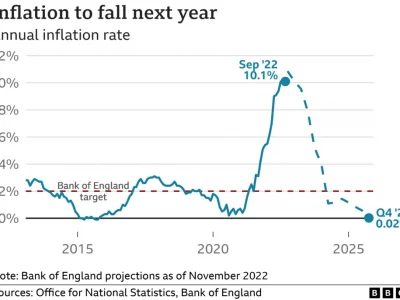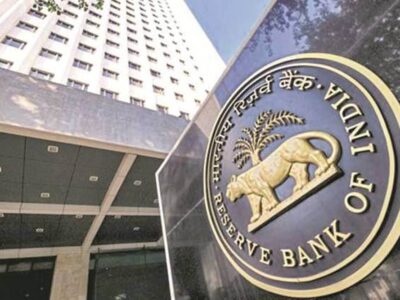Britain’s biggest building society has said it will increase some of its mortgage rates from Friday due to the current economic outlook. Nationwide said rates on new fixed deals will rise by up to 0.45 percentage points. It comes amid expectations the Bank of England will have to raise interest rates higher than previously thought. Lenders including Santander and Halifax also recently increased their rates and experts expect others to follow.
The Bank of England has been raising UK interest rates to try to tame soaring inflation, which is the rate at which prices rise. It had appeared rates were nearing their peak, however, his week’s official figures showed UK inflation in April slowed by less than expected to 8.7%. Markets now think the Bank will have to raise rates above their current level of 4.5% to as high as 5.5%. Lenders are taking stock, and Nationwide said it was putting up its mortgage rates to ensure they “remain sustainable”.
Under its new rates:
- First-time buyers and those looking to move home will face rises of up 0.40 percentage points on mortgages up to 90% and 95% loan-to-value (LTV).
- Those re-mortgaging will see a rise of between 0.05 percentage points and 0.40 percentage points on products up to 90% LTV.
- Switcher, additional borrowing and existing customer moving home rates will increase by between 0.05 percentage points and 0.45 percentage points, while shared equity rates will increase by up to 0.45 percentage points.
According to financial data firm Moneyfacts, other lenders have also increased rates or withdrawn products from the market in response to this week’s inflation figure. It said the average two-year fixed-rate mortgage on the market is now 5.34% and the average five-year fix is 5.01%. At the start of April, these figures were 5.35% and 5.05% respectively.

Mark Harris, chief executive of mortgage broker SPF Private Clients, told the PA new agency: “The markets have reacted negatively on the back of expectations as to where inflation would be by now, versus the reality.” However, he said markets had consistently been proven wrong about the path of interest rates, and that the latest increases were likely to be “a knee-jerk reaction” that settled down. “We remain confident mortgage rates will shortly peak and the reductions, when they arrive, will be as quick as the recent rises,” he said.
Rachel Springall, a finance expert at Moneyfacts, said lenders often adjusted their rates at times of economic uncertainty. “Just a few weeks ago, it was widely expected that fixed mortgage rates would reduce over the next few months, but it is impossible to predict such rate movements as pricing is determined by fluctuating swap rates and lenders’ appetite for business.”
Earlier this week, the boss of Barclays warned UK homeowners and renters were facing a “huge income shock” as rising interest rates hit mortgages and monthly costs, . CS Venkatakrishnan, who is known as Venkat, estimates that payments by mortgage holders and tenants will take a chunk of between 28% and 30% out of their income. He said that compares to an average 20% in previous years.
![]()





